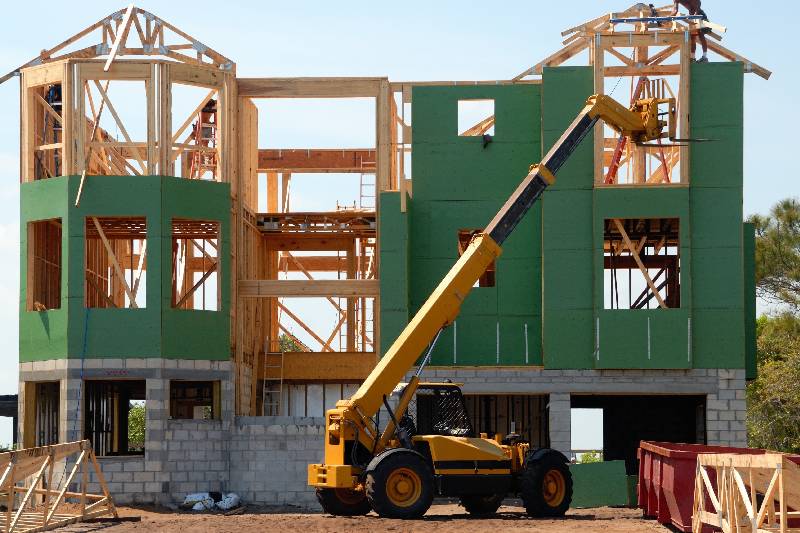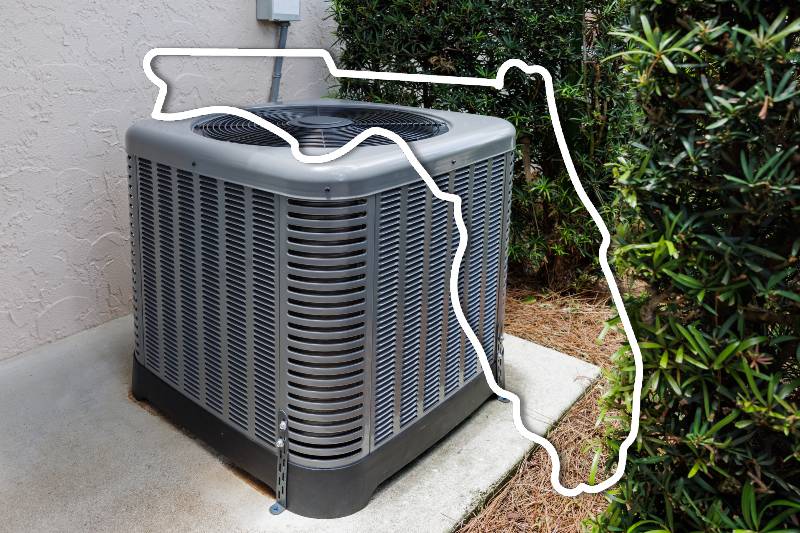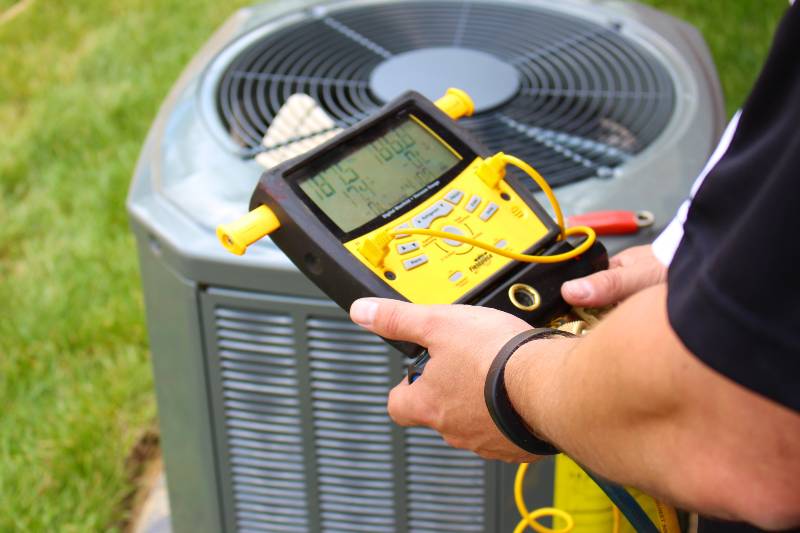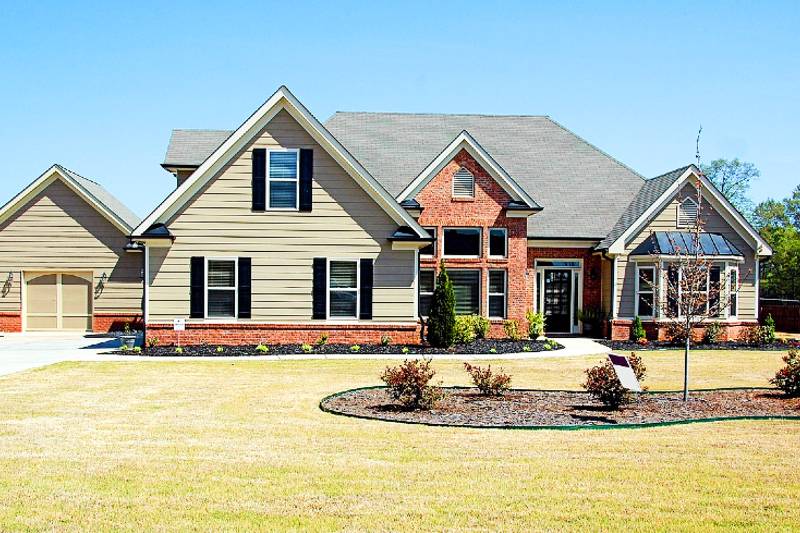Keep your new construction project on track
Embarking on a new construction project is an exciting endeavor, whether constructing your dream home, expanding your business, or building an investment property. However, the journey from blueprint to reality can be fraught with challenges and pitfalls that, if left unaddressed, can lead to costly mistakes and delays. To ensure your new construction project goes off without a hitch, it’s imperative to take a proactive approach and carefully manage every aspect of the process. Here are key strategies to keep new construction from going wrong:
) Hire the Right Team:
Choose a reputable architect, general contractor, and subcontractors with a proven track record in the type of construction you’re planning.
) Detailed Planning:
Work with your architect and contractor to create a comprehensive construction plan, including a timeline, budget, and detailed blueprints. Discuss your vision and expectations for the project upfront.
) Set a Realistic Budget:
Create a detailed budget that accounts for all aspects of the project, including design, materials, labor, permits, and contingencies. Plan for unexpected costs that may arise during construction.
) Select Quality Materials:
Choose high-quality materials that are suitable for your project’s needs and budget. Ensure that materials are sourced from reputable suppliers.
) Permits and Regulations:
Obtain all necessary permits and adhere to local building codes and regulations. Consult with local authorities and inspectors throughout the project.
) Regular Site Inspections:
Schedule frequent site inspections to monitor progress, quality, and adherence to the construction plan. Address any issues promptly to prevent them from escalating.
) Effective Communication:
Maintain clear and open communication with your construction team and address any concerns or changes as they arise. Use regular meetings to track progress and resolve any disputes.
) Quality Control:
Implement quality control measures to ensure that work meets the specified standards. Insist on thorough testing and inspections of critical systems.
) Document Everything:
Keep detailed records of all project-related communication, contracts, plans, change orders, and payments. Document the construction process with photos and written reports.
) Manage Scope Changes:
Address any changes or additions to the project scope with written change orders. Ensure that both parties agree to any adjustments in scope, cost, or timeline.
) Contingency Plan:
Create a contingency plan for unforeseen delays or issues, such as adverse weather or material shortages. Prepare for potential disruptions to the construction schedule.
) Insurance and Legal Protection:
Verify that your construction team carries appropriate insurance and licenses. Consult with legal counsel to ensure your contracts protect your interests.
) Safety Precautions:
Prioritize safety for all workers and visitors to the construction site. Ensure that proper safety equipment and procedures are in place.
) Regular Progress Payments:
Make payments to the construction team based on the achievement of specific project milestones. Hold back a portion of payment until the project is completed to your satisfaction.
) Final Inspection and Punch List:
Conduct a thorough final inspection to identify any remaining issues or deficiencies. Create a punch list of items that need to be corrected before final acceptance.
) Warranty and Maintenance Plan:
Establish warranty terms for the project’s components and systems. Develop a maintenance plan for ongoing care and repairs.
) Quality Assurance Reviews:
Consider hiring a third-party quality assurance consultant to review the project at critical stages to ensure compliance with specifications.
) Preventative Maintenance:
Establish a preventative maintenance program to prolong the life of your building and systems.













0 Comments